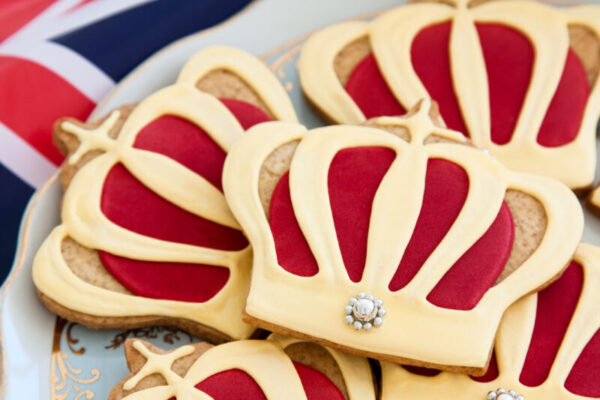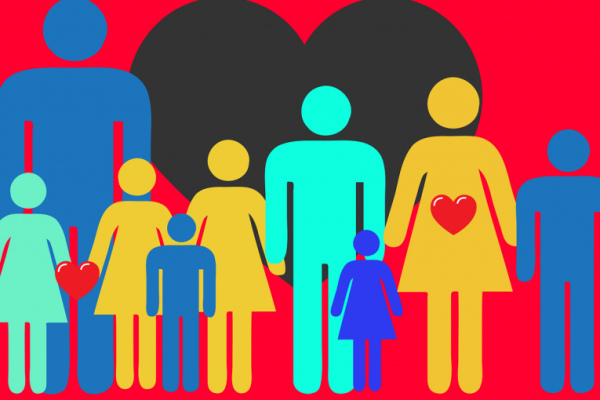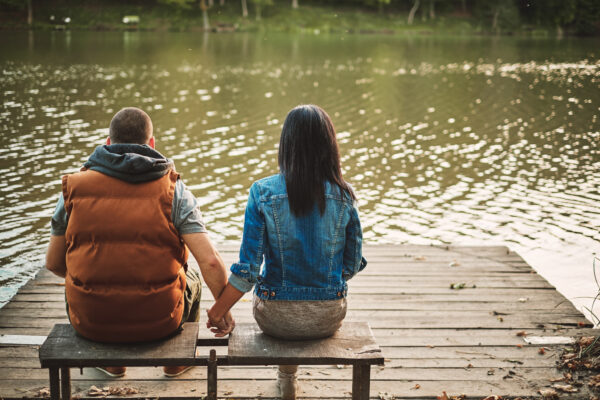Q + A with Danish-parenting expert Jessica Joelle Alexander featured in ParentMap
For 40 years in a row, Denmark, a small country in the north of Europe, has been cited as having the “happiest people in the world.” What’s their secret? To answer this question, we turned to cultural researcher Jessica Joelle Alexander, a Danish-parenting expert and co-author of “The Danish Way of Parenting: A Guide to Raising the Happiest Kids in the World.” Alexander sat down with ParentMap to describe the principles of the Danish philosophy of parenting and how this powerful method of raising resilient, capable and competent children can be exported to anywhere in the world.
How would you characterize Danish parenting?
Danish parents actively teach their children empathy and to value others. They base their success on real teamwork rather than only on striving to be “the star.” They work more on building a child’s self-esteem — a solid foundation of who they are in relation to others — rather than self-confidence, or an outward appearance of what they can do, appear like or own in relation to others. This sturdy foundation rooted firmly in empathy is what they believe brings true happiness and well-being to us all in the long run.
What inspired you to write this book?
I have been married to a Dane for 20 years and have always marveled at the calm, well-behaved and caring nature of children in Denmark. That was even before I had kids. When I had my own children, I realized that I preferred the Danes’ off-the-cuff advice above all of the advice I was getting from books, the internet, and friends and family.
One day, while listening to my husband reframe my daughter’s language around the way she was experiencing something fearful, it hit me that there was truly a “Danish way of parenting.” Danes have a parenting style that is very different than ours, and I was convinced that it was part of the reason why they are consistently voted as the happiest people in the world. It had helped me so much as a parent and as a person that I was sure it could help others.
How would you describe the primary differences between Danish and American parenting styles?
Danes don’t overprogram their kids’ lives. Play is considered one of the most important things a kid can do and learn from, even into high school. There is a big focus on the zone of proximal development, which means Danes respect children where they are at in their learning process and try to help them just enough so they don’t lose the joy in learning. This kind of learning — respecting the zone of proximal development — builds more self-esteem and resilience, and play facilitates this. In America, we often feel that if our child isn’t doing something measurable, they must not be learning enough. But as Mister Rogers said, “For children, play is serious learning.”
Another key difference: Danes actively teach empathy in school, beginning in preschool. Teaching empathy is as important as teaching math or English. They “keep it real.” Everything doesn’t have to have a happy ending. Hans Christian Andersen’s fairy tales — he’s one of the most famous Danes — are often very dark or sad, but they have been modified in America to fit a culturally accepted version. The original Little Mermaid, for example, doesn’t get the prince in the end. She dies of sadness and turns into seafoam. Reading books that deal with hard topics helps parents convey and introduce a wide range of emotions to their children, and this has been proven to improve their empathy skills.
I think sometimes in America we tend to avoid confronting the harder emotions if we can help it. In Denmark, they jump right into them! The books I have seen my husband read to my daughter have dropped my jaw at times, but I know it is good for her and she loves it!
Also, spanking became illegal in Denmark in 1984. Danes use a diplomatic approach to discipline that avoids ultimatums. As a result, they are a very nonviolent culture. They focus on managing problems rather than disciplining them. And they have “hygge” as one of their highest and most important values as a cultural norm. That is, cozy time during which the focus is on “we,” not “me.”
What do you hope readers — and attendees at your upcoming ParentEd Talks event — take away from “The Danish Way of Parenting”?
The one thing I would really love for people to take away from the book/talk is to question the way things are and our “default settings” as Americans. It is incredibly difficult to see how our culture shapes our values, our way of being and even our way of raising kids. These are also referred to as “parental ethnotheories,” that is, our shared beliefs about the goals of child development and the socialization practices that will achieve these goals. These behaviors are so ingrained in us that we rarely question whether there is another way that might be better. We just assume we are doing things the right way. So, if people would truly reflect on this and try to implement even one pillar from “The Danish Way” — like hygge, for example — I am convinced it will help the next generation be happier. It sounds like a lofty ideal, but being an American who has experienced the Danish way of parenting firsthand, I have seen how powerful it can be.
*Jessica Joelle Alexander will be speaking in a live virtual event for ParentMap this month. For more info and links, sign up here





